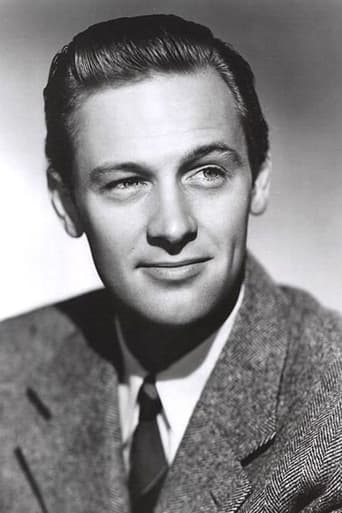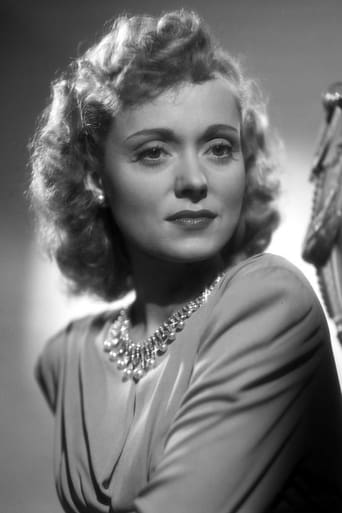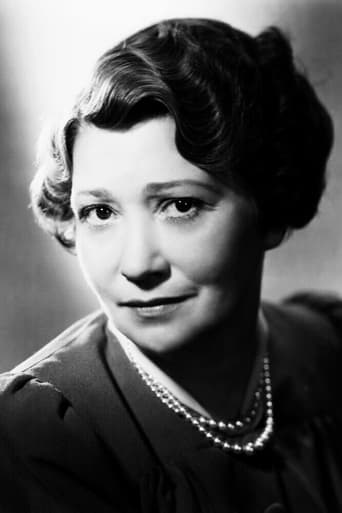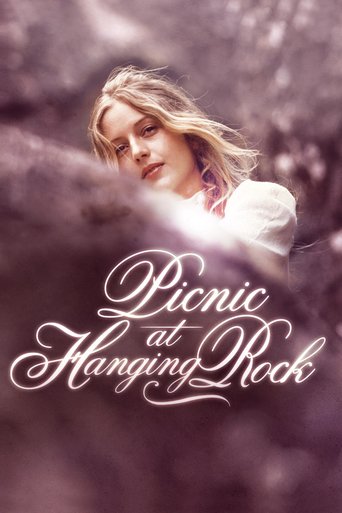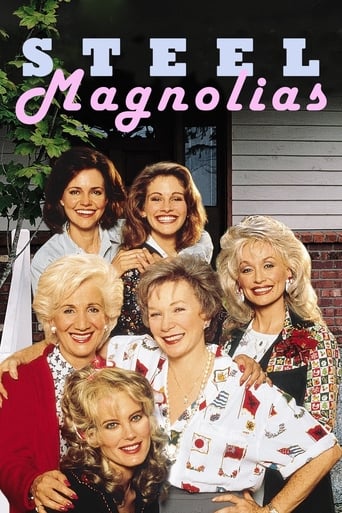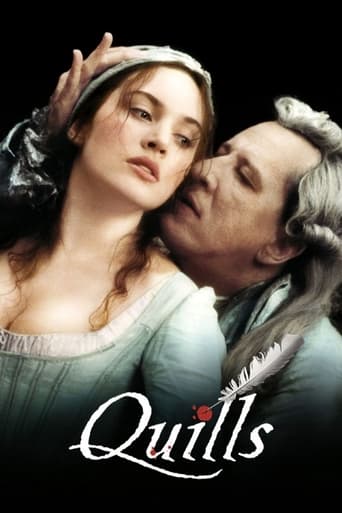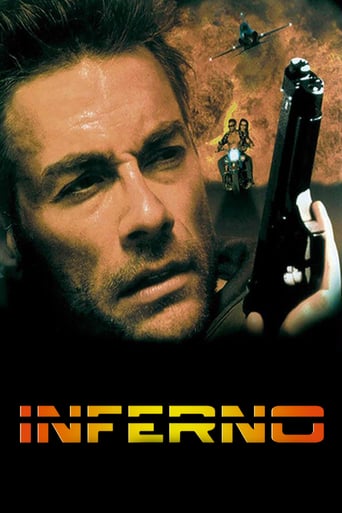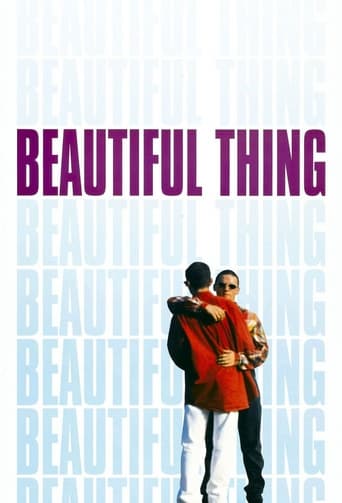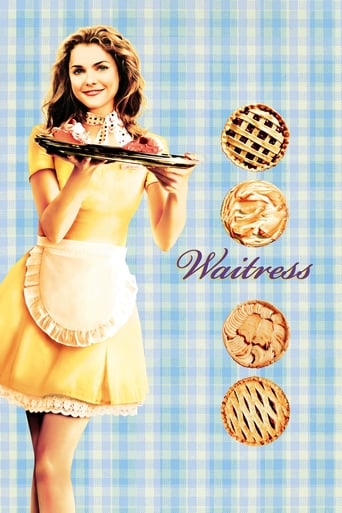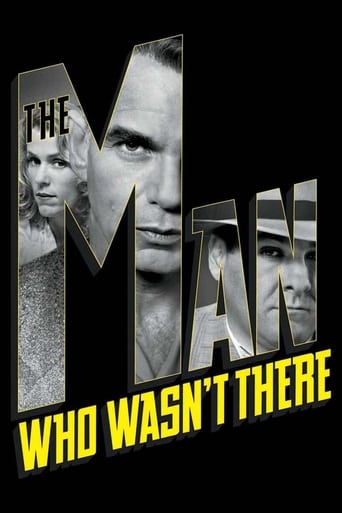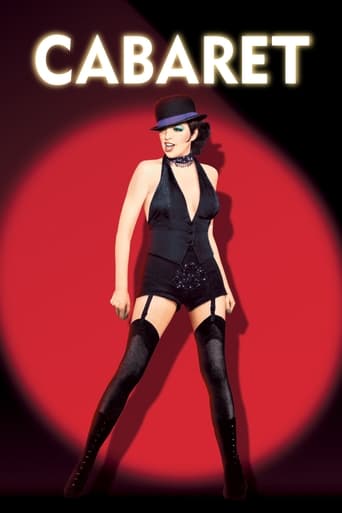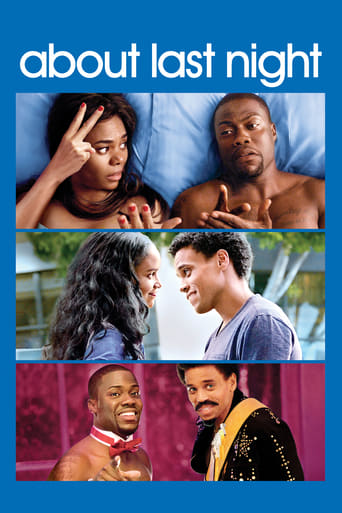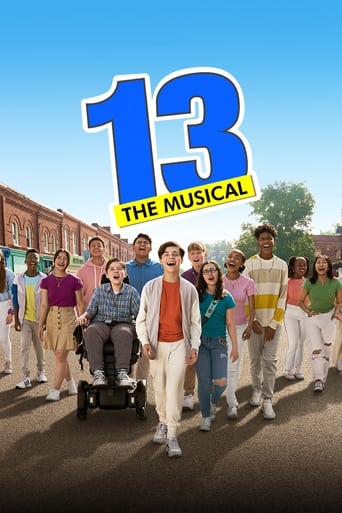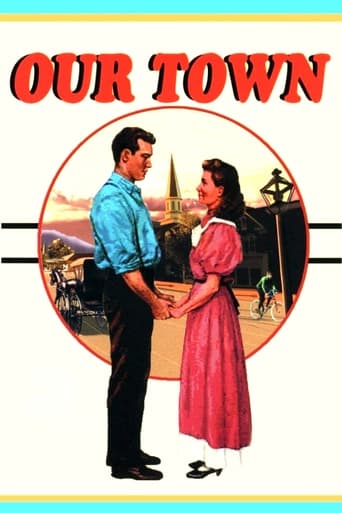
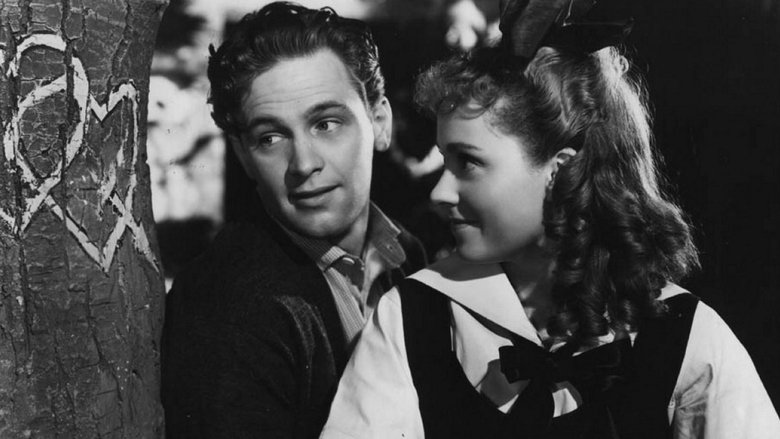
Our Town (1940)
Change comes slowly to a small New Hampshire town in the early 20th century. We see birth, life and death in this small community.
Watch Trailer
Cast


Similar titles
Reviews
I haven't read or seen the play, so I'll leave that topic to a late night discussion group. Thanks to great production design (Menzies), cinematography (Glennon), and art direction (Rachmil), the movie raises small town conformity to near poetic level. Those majestic skyscapes hovering over the elegiac last third lift the narrative to a rare ethereal plateau. Such b&w effects are simply beyond the reach of modern coloration, and couch the film in an appropriate dream-like space.Sure, nothing much happens in the story. But that's the point. It's the cycle of birth, love, work, death in an idealized small town that's celebrated. The wives agreeably clean and mother, the husbands agreeably earn and father, while the kids look forward to filling their slots. Do they lack imagination? Perhaps, but the overriding message is small town contentment. Happily, the results avoid the saccharine, largely because narrator Craven contrasts with what might become sticky. Thus we can concentrate on the banal events that make up a settled life, and maybe get a new appreciation of them. I can dig that even though I know early 19th century life in a factory or mining town would not yield the same harmonious results. Yes indeed, the rural Grovers Corner is an America that only exists in dreams of time past, and for folks who yearn for the "good ol' days". But the movie itself is none the worse for any of that.
From Thornton Wilder's play about everyday life in a small town in New Hampshire from 1900 to 1913.It's basically a filmed play and it's pretty good. Wilder used the device of the "stage manager" to break the fourth wall and narrate the story as he strolls along, knocking his pipe clean on a wooden fence or gazing at the tombstones.I doubt that there was ever a town like this or that people -- anywhere -- ever lived lives so clean and stereotypical. Everybody is happy except the choir master who is a drunk and who hangs himself. But even then, he's not an OBNOXIOUS drunk. Nobody here is the counterpart of the devious Mr. Potter in "It's a Wonderful Life." Yet, for all the staggering stereotypes, it's a moving story. How can it not be when death is touched on so often? The Stage Manager introduces us to a nice polite kid delivering newspapers and tells us he died of pneumonia four years later.It has it's longueurs. William Holden is a nice young man and Mary Scott is a nice young girl and they get married and she dies giving birth to their third child. (Don't worry; in the movie, "it's all a dream.") So Mary dreams she is in the graveyard with all the other dead folks she new, including good friends and old relatives -- and it's boring as hell. Not that it's literally depicted as hell, or heaven either. It's more like some kind of, well, LIMBO in which everyone sits silently on chairs and stares straight ahead as if consumed by some inner visions. How would you like to sit in a chair and stare straight ahead for all eternity? Mary is given one day to revisit earth, which the others have largely forgotten about. So she returns to her home on her sixteenth birthday, watches everyone bustling cheerfully about, and declares that they don't know what they've got till it's gone, to paraphrase the philosopher Joni Miller. They don't pay attention to one another? If the town were any more cohesive it would be a sponge.Still, sit through the worried families, the happy families, the adolescent awkwardness, the uncertain pragmatism of the townsfolk, and try stop the emotions of these benighted people from bleeding into your own.
This week I watched two old classics for the first time. Last night "The Jazz Singer" (the first real talkie), and tonight the 1940 version of "Our Town". I thought I would like "Our Town", and dislike "The Jazz Singer". But, my reaction was just the opposite. "The Jazz Singer" seemed a little show since a good part of the picture was without sound, but it was a good story and the print was excellent for a 1927 film. "Our Town" was a disappointment. The print was poor (despite a restoration; but this was not a big studio production), and I found most of it boring as heck.And yet, it had a superb cast: William Holden and Martha Scott as the high school students. The wonderful Fay Bainter as one of the mothers, and the wonderful Beulah Bondi as the other. Thomas Mitchell as the doctor. Guy Kibbee as the newspaper editor. And the wonderful Frank Craven as the Stage Manager. But, to start off with, Holden and Scott, both fine actors, are visibly WAY TOO OLD for their parts. Everyone else plays their parts well, but -- as another of reviewers pointed out -- maybe this just works much better as a stage play than as a movie. Do you like molasses? The story is as slow as molasses in January. In fact, I felt that only the last 15 minutes was of real interest.Sorry, but I can't really recommend this film. Perhaps it was better as a play.
I was deeply disappointed by this film directed by Sam Woods. I do love the sets, and the scope of showing the town, but the best thing about the original three-act play is that the play is performed without a set and the actors mime their actions without the use of props. Author, Thornton Wilder once said: "Our claim, our hope, our despair are in the mind – not in things, not in 'scenery.' Throughout the play, Wilder uses meta-theatrical devices, such as narration by a stage manager who tells them what they are seeing. Still, it's for the audience to use their imagination vision to put it in motion. In this movie, it's more set in stone, what the producers want us to see. Set in the fictional American small town of Grover's Corners, it tells the story of an average town's citizens in the early twentieth century as depicted through their everyday lives. Scenes from the town's history between the years of 1901 and 1913 are performed. The film mostly focus this same three act format. Act I: Daily Life introduces the audience to the people living in Grover's Corners in 1901. There is a lot of filler scenes about minor characters that play no big part in the main plot. Honestly who cares about the newspaper boy and milk man? The only characters, the film should focus on, is the Webb and Gibbs households. William Holden and Martha Scott are pretty typecast as George Gibbs and Martha Scott. They are too old to play teenagers, and the dialogue between them is wooden and dull. The movie is a bit boring, watching somebody mundane life that you're asking yourself. What is the point of this? I shouldn't be watching this? I'm wasting life, here! I think the only thing that was interesting and tense, was portraying young people prepare to wed. The second act is badly written in both the play, and the film. I don't care that Our Town won Pulitzer Prize; the flashbacks written sucks. It really hurt the already slow pacing being out of order. Once again, you're asking yourself, why am I watching this? Another thing, the movie does is talk about eternity in a lengthy monologue. I like it, but I was hoping a 'show, don't tell'. This movie and play is so tell to the point, it makes us look like clueless idiots. It's really dark story, but it does have a good message in the end. The ending to the film is way different than that of the play. There have been a lot of irate critics about the change in the ending. This part of the film, I think its works. The play has such a cynical ending. In 1946, the Soviet Union prevented a production of Our Town in the Russian sector of occupied Berlin, on the grounds that the drama is too depressing and could inspire a German suicide wave. I think the movie did better to show the message of living each day the fullest message than the play. I have to say the Stage Manager (Frank Craven) was pretty good in this movie, but I have to say, the 2003's remake with Paul Newman is the one worth watching. Even the 1977's version with Hal Halbrooks works a lot better than this. The Stage Manager plays as a God-like symbol. Although Our Town avoids discussion of religion, Wilder hints that a spiritual entity manages human life in much the same way that the Stage Manager dictates the flow of this play. I do like the freedom of breaking the fourth wall with him walking in and out of scenes, asking questions to the audience, and telling characters to shut up. It's rare to see this in 1940's movies and even rare to see it, today films. The movie hasn't aged well. The film is litter with scratches and marks. Even with playing it in my DVD player, I felt like any minute, the film was going to rip apart. One thing that I love about the film is the soundtrack. It's such a beautiful tune that I think the song will outlive the play in future time. In my opinion, Our Town could had been better written, even for the times, its set. Our Town would had shown life between and after the Industry Revolution Turn of the Century, a lot better with putting more immigrations, showing more technology etc. etc. Instead, the town is nearly the same from 1901 to 1913. The film lacks any social community. Despite the townspeople's well-meaning nature, they have only a limited ability or willingness to act or confront societal problems. It really limited the film. It's such a nostalgic archetype that reminds me of any town in America at the time to the point, it doesn't stand out. A mythical place where people are born, grow up, work, fall in love, get married, and die. Characters are archetypes, almost stereotypes, representing time-honored small town American ideals. It was somewhat mirror to a point, that Walt Disney model the design for Main Street USA in Disneyland. Perhaps a political message in itself, Our Town privileges the study of human life and its complexities over blatantly political works that point fingers, stereotype others, and otherwise divide people from one another. If only it focus less on main characters, and more on 'the town', it might had work. This movie should be the case study of society behind human trials and tribulations. Still, it lacks the very thing that makes a community study. Sorry, but our town is not my town.


